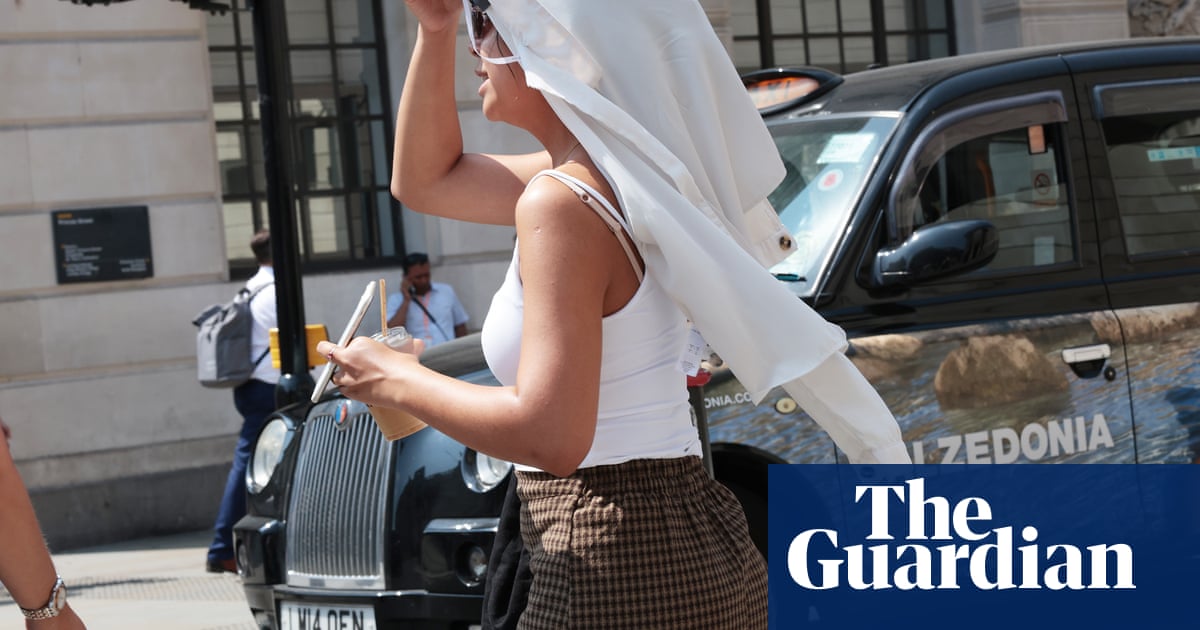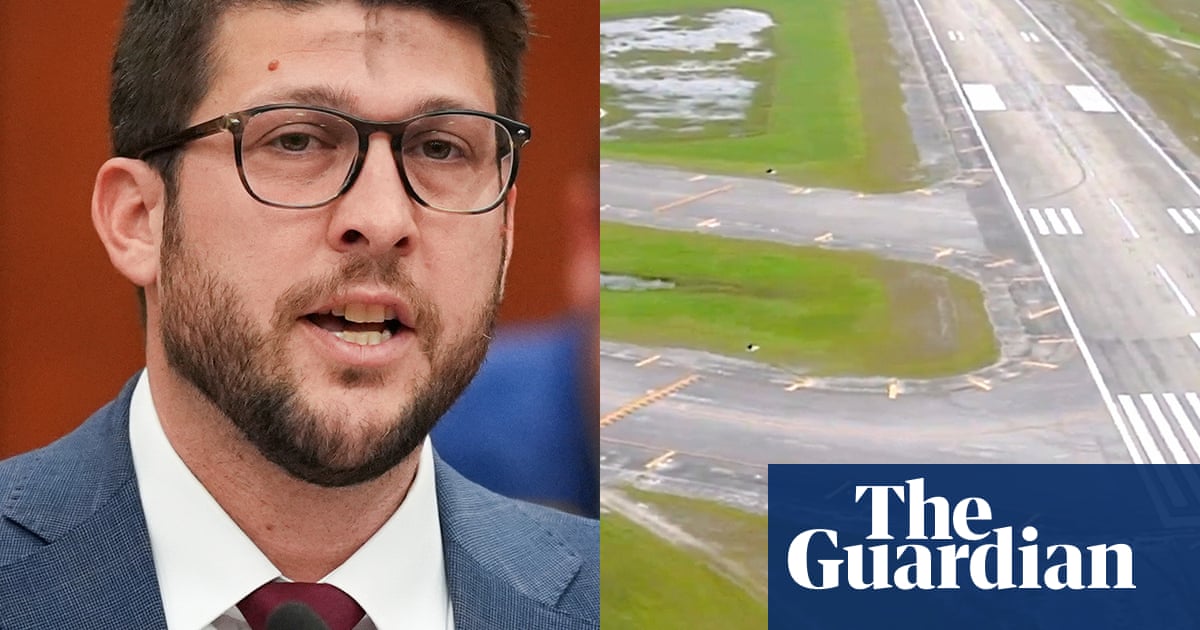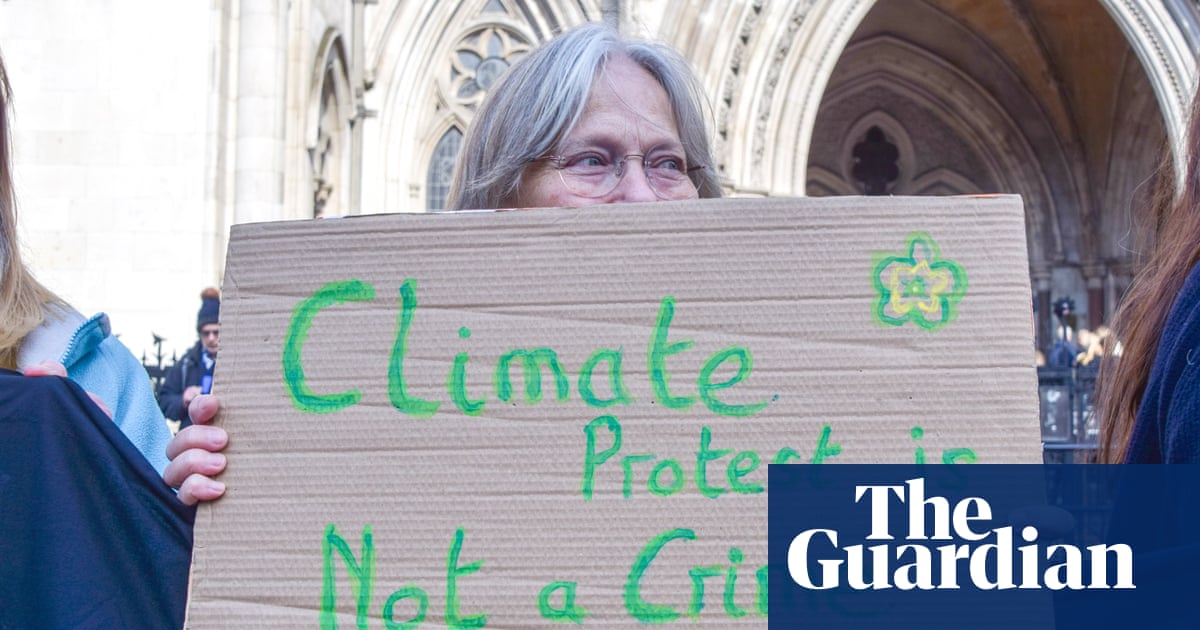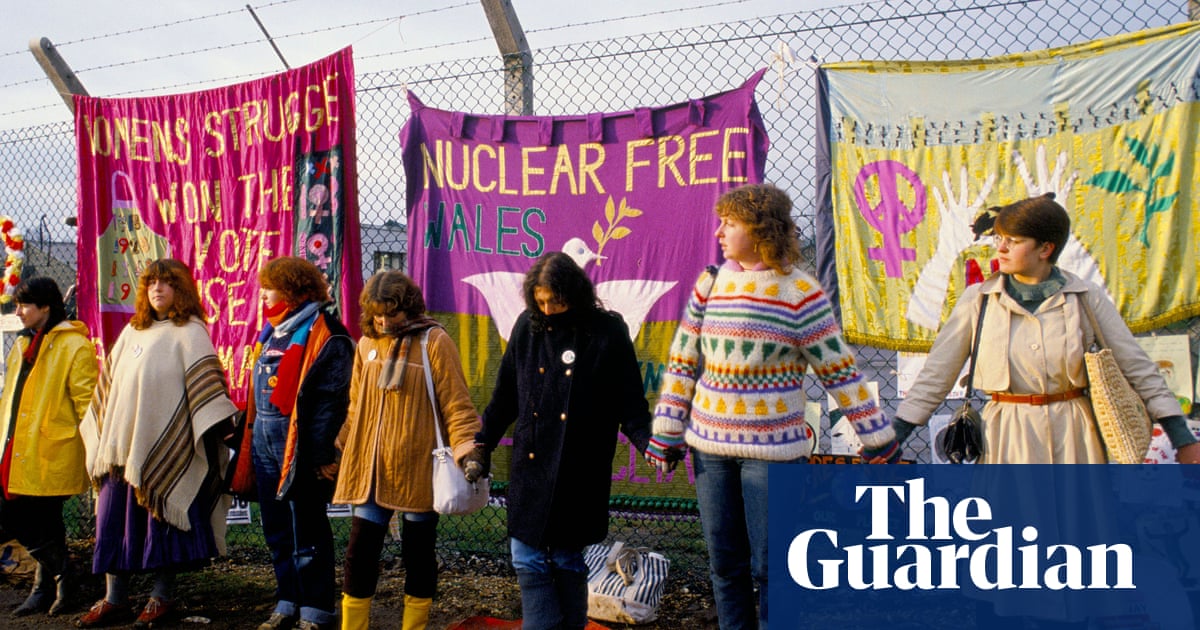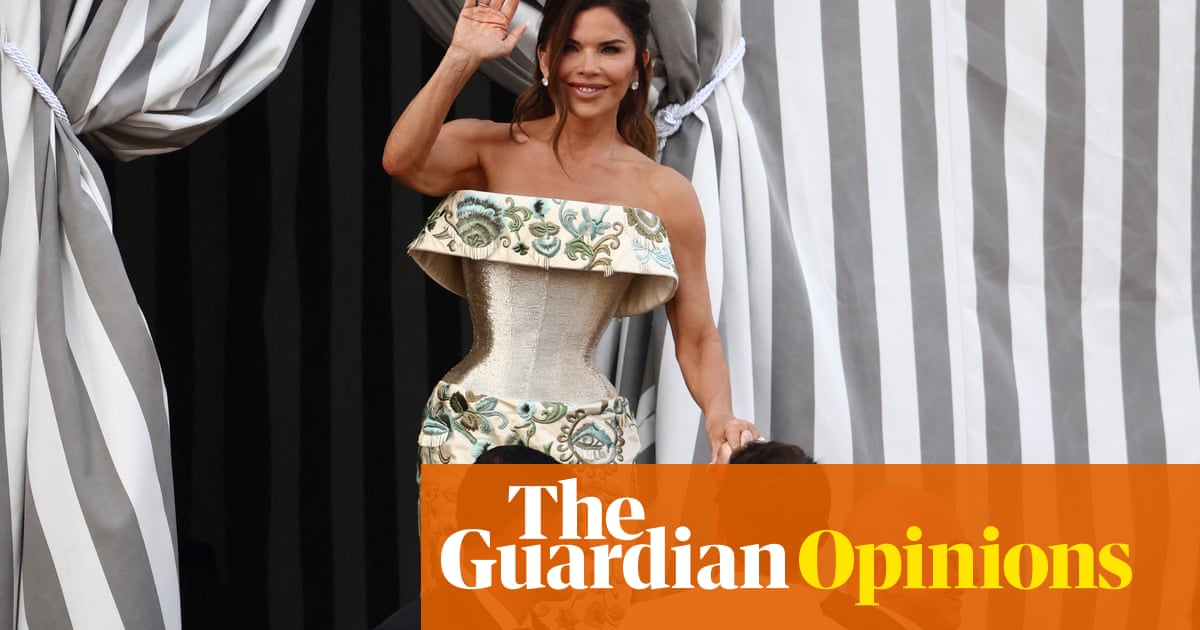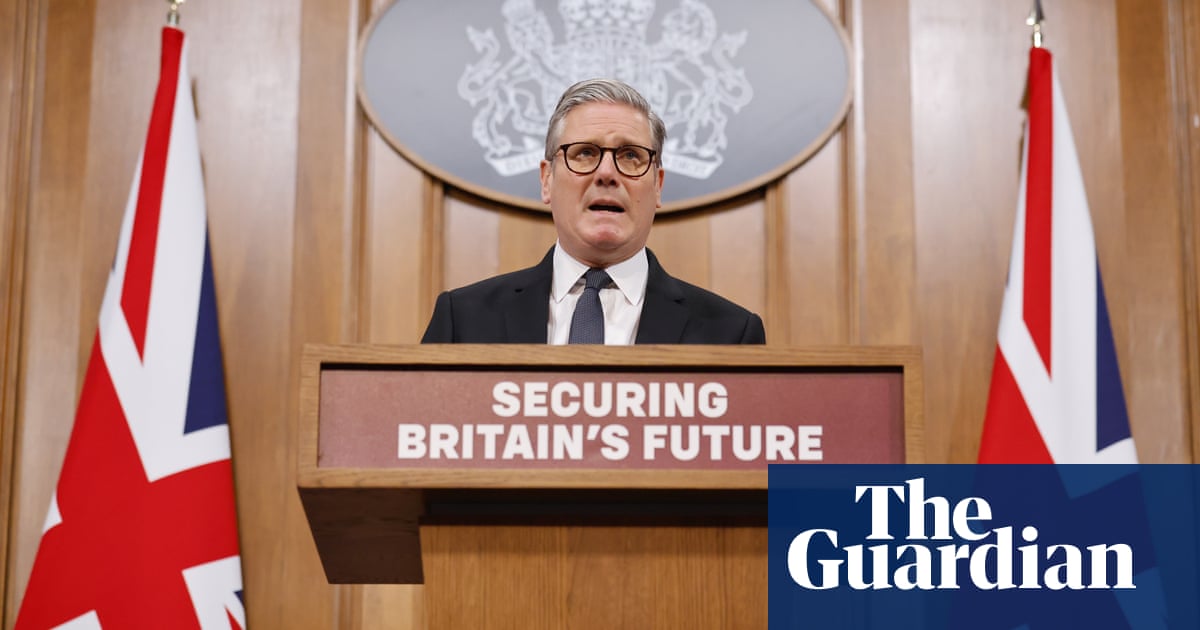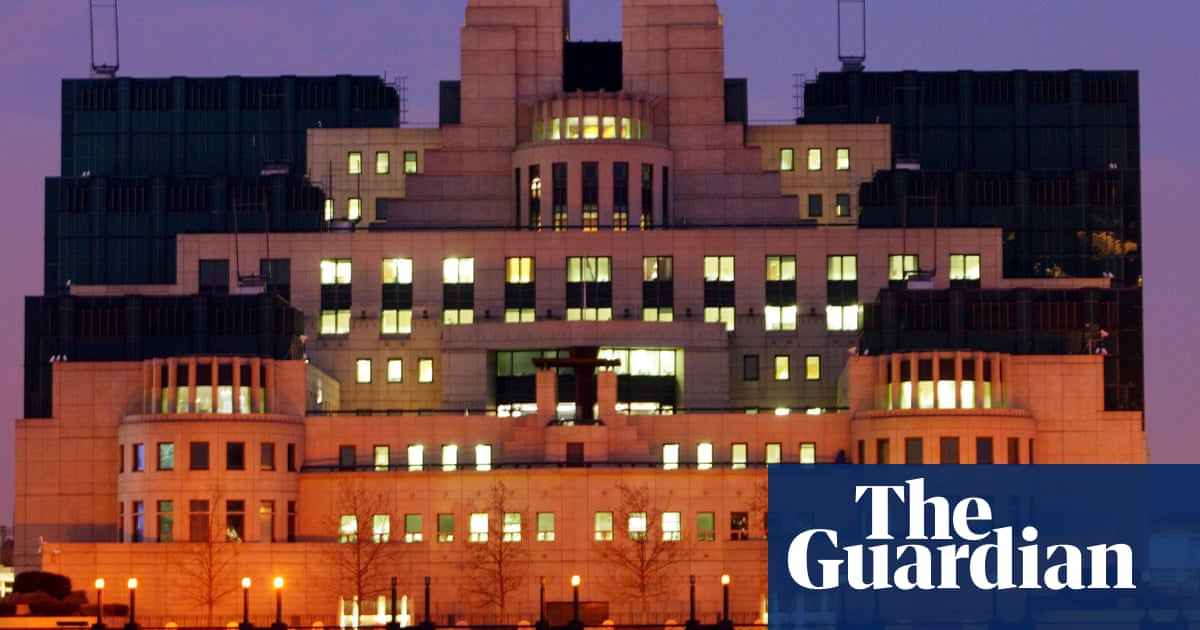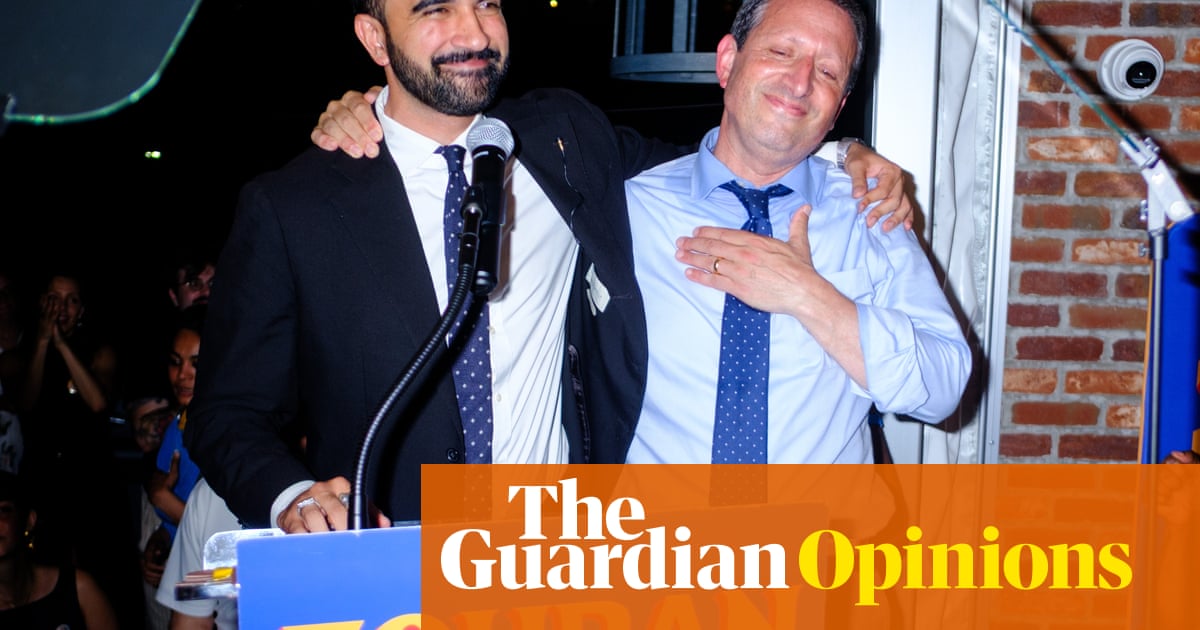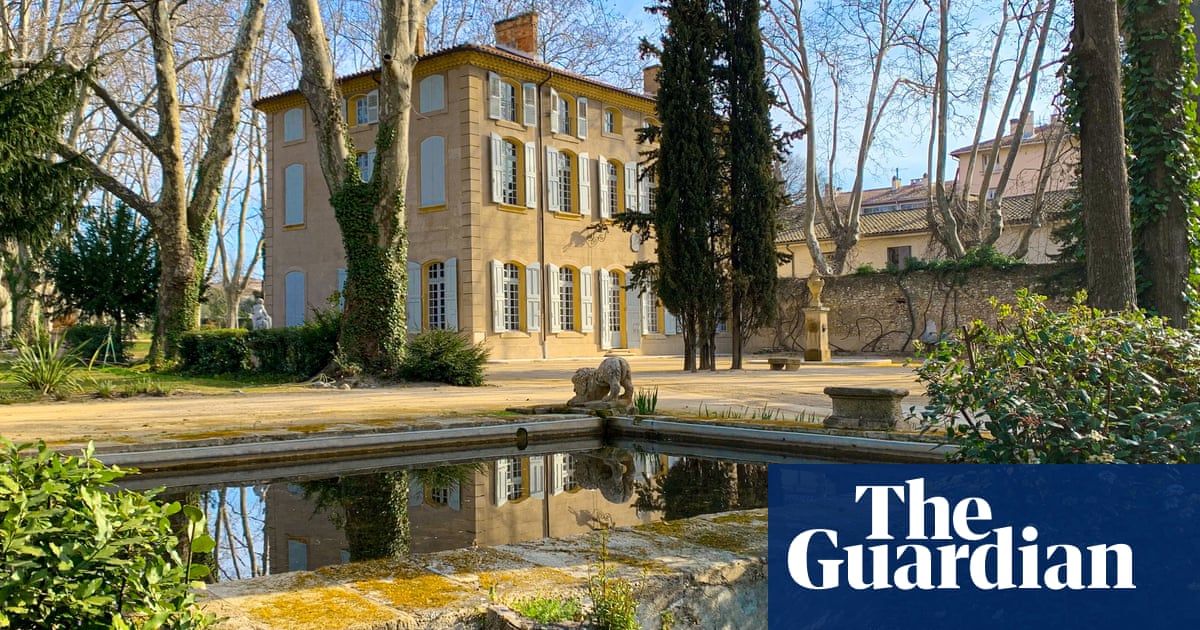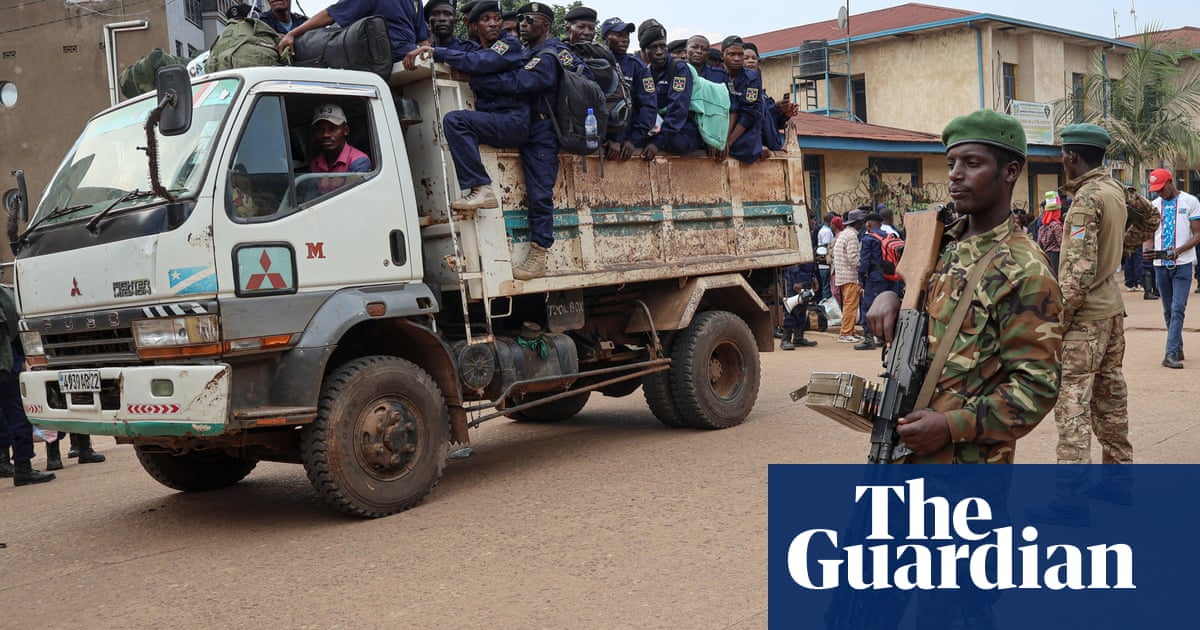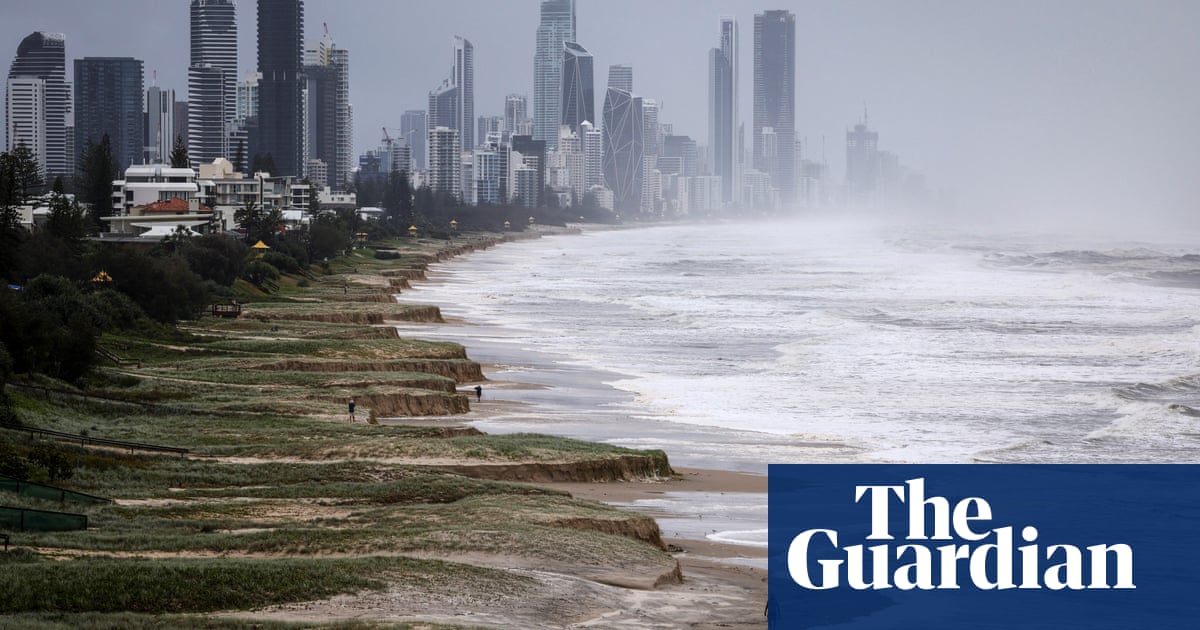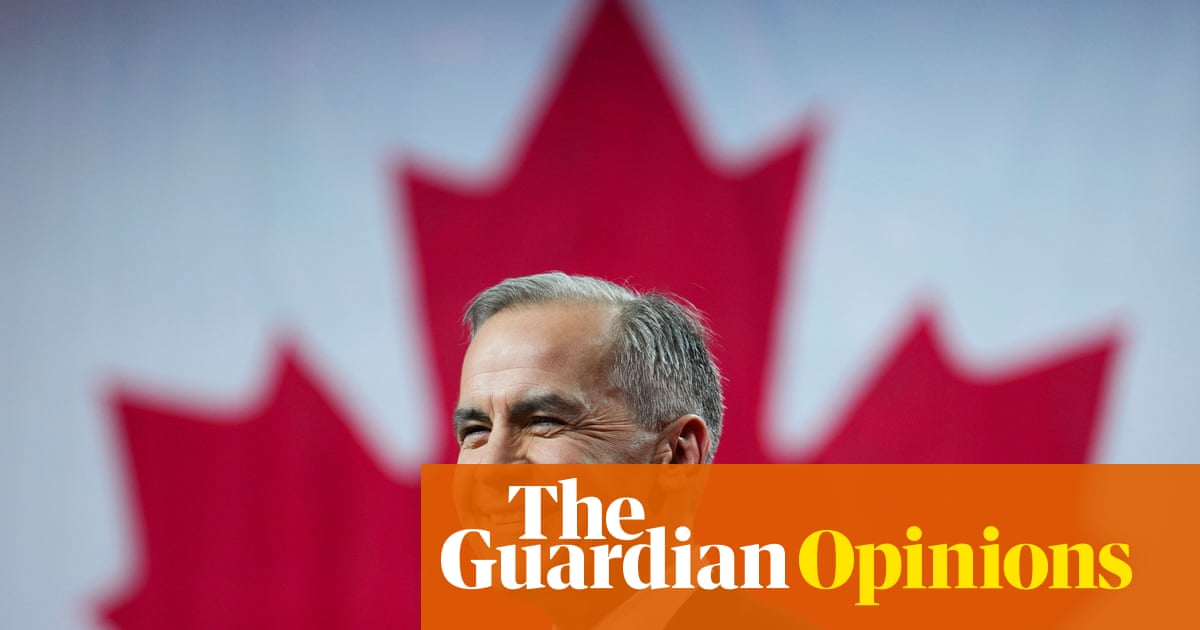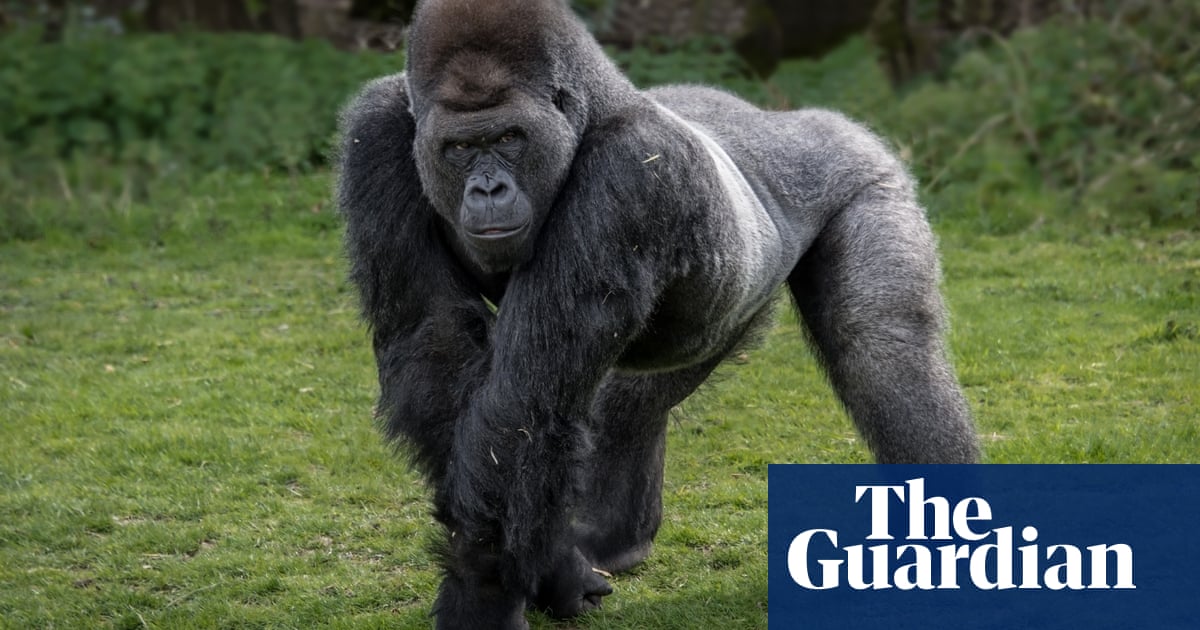Morning opening: EU fails to agree on sanctions
European leaders failed to agree on the latest, 18th, package of sanctions at last night’s European Council meeting in Brussels, with Hungary and Slovakia holding firm in their opposition to the proposed measures.
In particular, they opposed a separate EU proposal on phasing out Russian energy imports.
Hungarian prime minister Viktor Orbán said overnight that the two countries were “one team,” as he insisted “we cannot accept the EU proposal that we should not buy Russian oil and gas any more.”
Overnight, Russia reportedly fired over 350 drones and eight missiles towards Ukraine, mostly targeting the small western city of Starokostiantyniv, home to an important Ukrainian airbase.
But the EU leaders agreed on their approach to the upcoming trade negotiations with the US, with European Commission president Ursula von der Leyen declaring:
“Our message today is clear, we are ready for a deal.”
But then she cautioned:
“At the same time, we are preparing for the possibility that no satisfactory agreement is reached … and we will defend the European interest as needed. In short, all options remain on the table.”
Let’s see what’s the fallout from last night’s summit, and what happens elsewhere as Hungary prepares for Budapest Pride march, the Bezos wedding weekend continues in Venice.
I will bring you all the latest updates from across Europe.
It’s Friday, 27 June 2025, it’s Jakub Krupa here, and this is Europe Live.
Good morning.
Key events Show key events only Please turn on JavaScript to use this feature
Zelenskyy calls on EU to send 'clear political message' on Ukraine's accession, despite Hungary's block

Jennifer Rankin
Ukrainian president Volodymyr Zelenskyy has called on European leaders to send “a clear political message” of support for Ukraine’s accession to the EU, as Hungary continues to stymie progress.
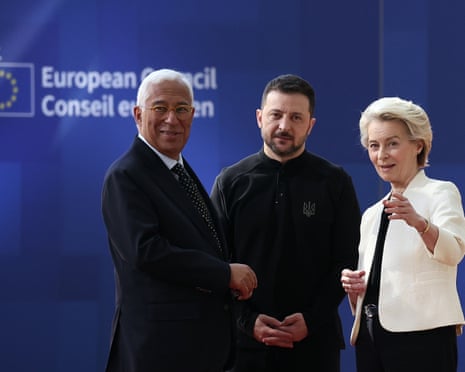
Zelenskyy’s appeal in a video address to EU leaders was made on Thursday evening just hours after Hungary’s prime minister Viktor Orbán claimed he had a mandate to stop Ukraine’s EU accession.
Hungary is blocking the opening of detailed membership talks with Ukraine on the so-called “cluster one fundamentals”, the values chapters of the EU rulebook pertaining to the functioning of democratic institutions, independent judiciary and sound public administration.
Orbán arrived at the summit claiming that 2.2m Hungarians opposed Ukraine’s accession, based on a national poll, following a campaign voters were bombarded with anti-Ukraine messages.
Without naming names, Zelenskyy said:
“What’s needed now is a clear political message – that Ukraine is firmly on the European path and that Europe stands by its promises.”
Opening cluster one was not just a procedure, Zelenskyy told the leaders:
“This is what gives motivation, support and strength to the men and women who are defending their families against Russia’s criminal and unprovoked war.”
Ukraine’s president also urged EU leaders to toughen sanctions, proposing a cap on Russian oil revenues of $30, half of the current $60 imposed by the G7. The European Commission recently called for a $45 price cap, but the plan has not won US support.
“Sanctions against Russia remain one of the most effective tools for limiting its aggression.”
He called for sanctions on energy, banks, finance, Russia’s shadow fleet and supply chains that bring European components to Russian weapon factories.
EU rolled over previous sanctions on Russia
But it’s worth noting that the EU has agreed on rolling over the already existing sanctions against Russia, which were due to expire.
Poland’s prime minister Donald Tusk told a late night briefing that he was “greatly satisfied” by that decision, as “there is always a bit of concern” about whether all countries would agree on that, but “almost always we manage to get it in the end, and we did that today, too.”
“We still have that decision about the 18th sanctions package ahead of us,” he added.
Why EU failed to agree on new Russia sanctions

Jennifer Rankin
Did they or didn’t they? EU leaders, in the end, didn’t manage to agree on the latest proposed sanctions against Russia, as Slovakia and Hungary continue to block a deal.
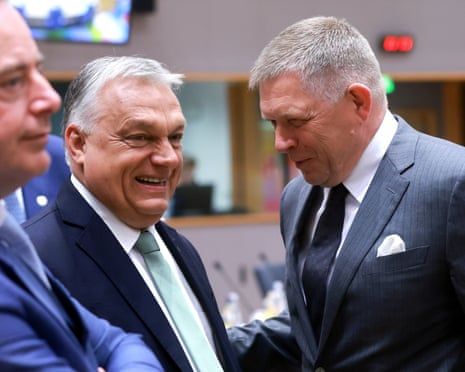
The measures, the 18th round of sanctions against Russia, since the full-scale invasion of February 2022 cover energy, banking and Russia’s shadow fleet.
EU diplomats regard them as the toughest for some time, although a proposed lowering of the oil price cap to 45$ a barrel looks in doubt, because of US opposition.
Slovakia and Hungary are blocking the sanctions, in protest over a separate plan from the European Commission to phase out Russian fossil fuels by 2028.
The two central European countriess secured an exemption on a Russian oil import embargo in March 2023 that allowed them to continue to be supplied via the Soviet-era Druzhba pipeline.
For Slovakia the main problem is gas. It is seeking guarantees that breaking contracts with Gazprom won’t mean energy companies have to pay massive damages. The Slovak government also says it is worried about consumer bills.
At a press conference in the early hours of Friday, von der Leyen insisted it was on track, without referring directly to either country.
“We should be in a position to have an agreed package soon.”
Morning opening: EU fails to agree on sanctions
European leaders failed to agree on the latest, 18th, package of sanctions at last night’s European Council meeting in Brussels, with Hungary and Slovakia holding firm in their opposition to the proposed measures.
In particular, they opposed a separate EU proposal on phasing out Russian energy imports.
Hungarian prime minister Viktor Orbán said overnight that the two countries were “one team,” as he insisted “we cannot accept the EU proposal that we should not buy Russian oil and gas any more.”
Overnight, Russia reportedly fired over 350 drones and eight missiles towards Ukraine, mostly targeting the small western city of Starokostiantyniv, home to an important Ukrainian airbase.
But the EU leaders agreed on their approach to the upcoming trade negotiations with the US, with European Commission president Ursula von der Leyen declaring:
“Our message today is clear, we are ready for a deal.”
But then she cautioned:
“At the same time, we are preparing for the possibility that no satisfactory agreement is reached … and we will defend the European interest as needed. In short, all options remain on the table.”
Let’s see what’s the fallout from last night’s summit, and what happens elsewhere as Hungary prepares for Budapest Pride march, the Bezos wedding weekend continues in Venice.
I will bring you all the latest updates from across Europe.
It’s Friday, 27 June 2025, it’s Jakub Krupa here, and this is Europe Live.
Good morning.

.png) 6 hours ago
2
6 hours ago
2



